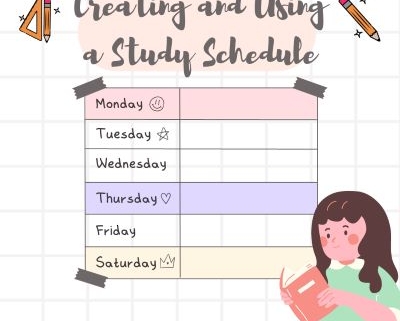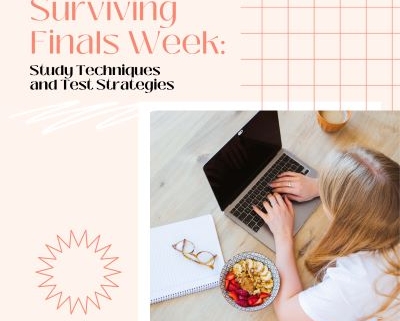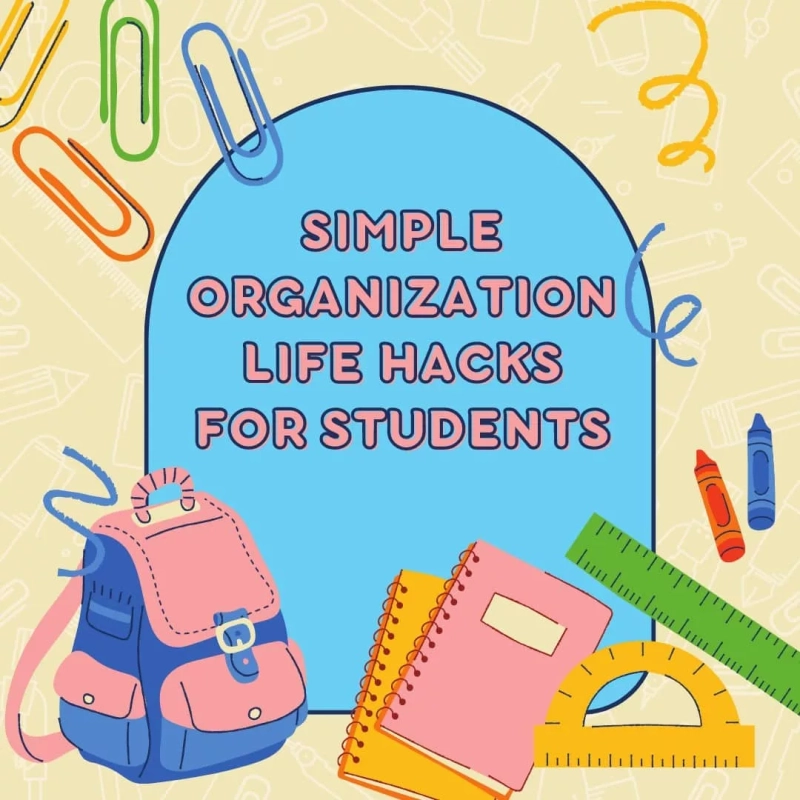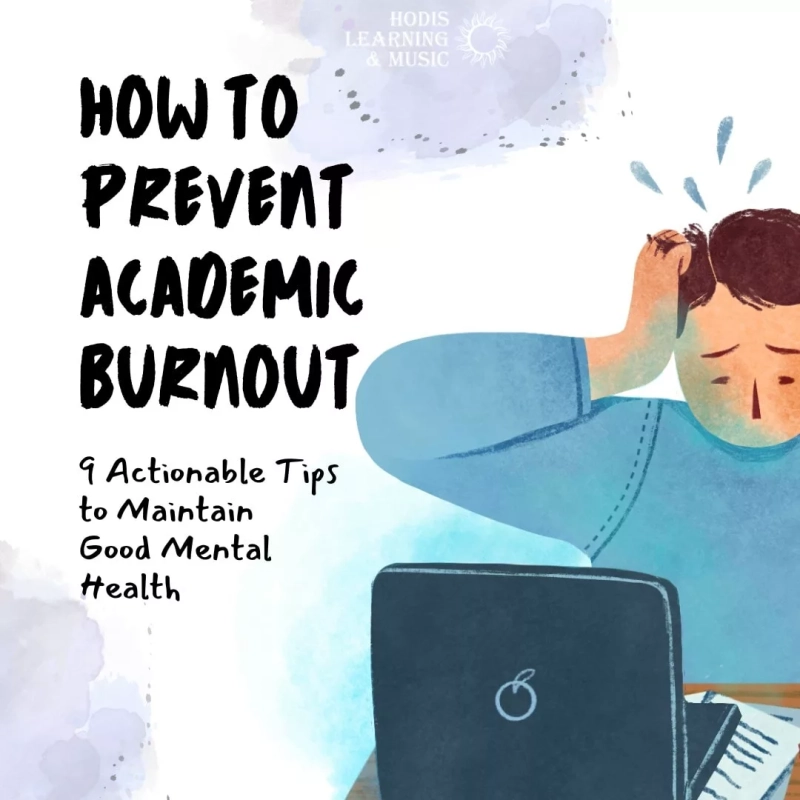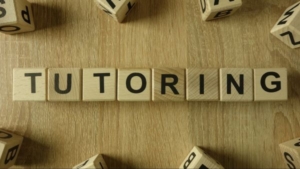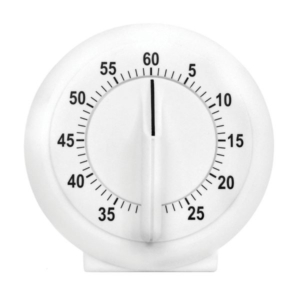A study schedule is a plan for how you will spend your time studying. It can help you to stay organized and on track, and to make the most of your study time.
Benefits of Using a Study Schedule
There are many benefits to using a study schedule, including:
- Improved time management: A study schedule can help you to better manage your time and to prioritize your studies.
- Reduced stress: A study schedule can help to reduce stress by giving you a sense of control over your studies.
Improved academic performance: Studies have shown that students who use study schedules tend to perform better academically.
How to Create a Study Schedule
To create a study schedule, follow these steps:
- List all of your commitments. This includes classes, homework, extracurricular activities, and any other commitments that you have.
- Prioritize your commitments. Decide which commitments are most important to you and which ones you can afford to spend less time on.
- Schedule time for each commitment. Start by scheduling time for your most important commitments. Then, schedule time for less important commitments.
- Be realistic. Don’t try to schedule too much time for studying each day. Be realistic about how much time you have available and how much time you can realistically focus on studying.
- Schedule breaks. It is important to take breaks when you are studying. Schedule breaks throughout the day to give yourself a chance to rest and recharge.
Tips for Using a Study Schedule
Here are a few tips for using a study schedule effectively:
- Set specific goals for each study session. What do you want to accomplish during each study session? Having specific goals will help you to stay focused and on track.
- Find a study buddy or group. Studying with others can help you to stay motivated and to learn from each other.
- Take advantage of study resources. There are many study resources available, such as libraries, tutors, and online resources. Take advantage of these resources to get the most out of your study time.
- Don’t be afraid to adjust your schedule. Your schedule may not be perfect at first. Don’t be afraid to adjust it as needed. The most important thing is to have a schedule that works for you and that helps you to reach your goals.
Example Study Schedule
Here is an example of a study schedule for a high school student:
Monday:
- 4:00 PM – 4:30 PM: English homework
- 4:30 PM – 5:00 PM: Math homework
- 5:00 PM – 5:30 PM: Science homework
- 5:30 PM – 6:45 PM: Break
- 5:45 PM – 6:30 PM: Study for English test
- 6:30 PM – 7:00 PM: Dinner
- 7:00 PM – 7:30 PM: Relax
- 7:30 PM – 8:30 PM: Study for math test
- 8:30 PM – 9:00 PM: Get ready for bed
Tuesday:
- 4:00 PM – 4:30 PM: Social studies homework
- 4:30 PM – 5:00 PM: Foreign language homework
- 5:00 PM – 5:15 PM: Break
- 5:15 PM – 6:00 PM: Study for social studies test
- 6:00 PM – 6:30 PM: Dinner
- 6:30 PM – 7:00 PM: Relax
- 7:00 PM – 7:45 PM: Study for foreign language test
- 7:45 PM – 8:30 PM: Work on extracurricular activity project
- 8:30 PM – 9:00 PM: Get ready for bed
Wednesday:
- 4:00 PM – 4:30 PM: English homework
- 4:30 PM – 5:00 PM: Math homework
- 5:00 PM – 5:30 PM: Break
- 5:30 PM – 6:00 PM: Study for science test
- 6:00 PM – 6:30 PM: Dinner
- 6:30 PM – 7:00 PM: Relax
- 7:00 PM – 7:30 PM: Work on math project
- 7:30 PM – 8:30 PM: Attend extracurricular activity meeting
- 8:30 PM – 9:00 PM: Get ready for bed
Develop Effective Study Habits with an Expert Academic Coach
Hodis Learning & Music provides expert, individualized academic coaching to students of all ages and backgrounds, helping them to develop effective “good student” habits and optimize their academic performance. Learn more about our services by calling or emailing us today!

